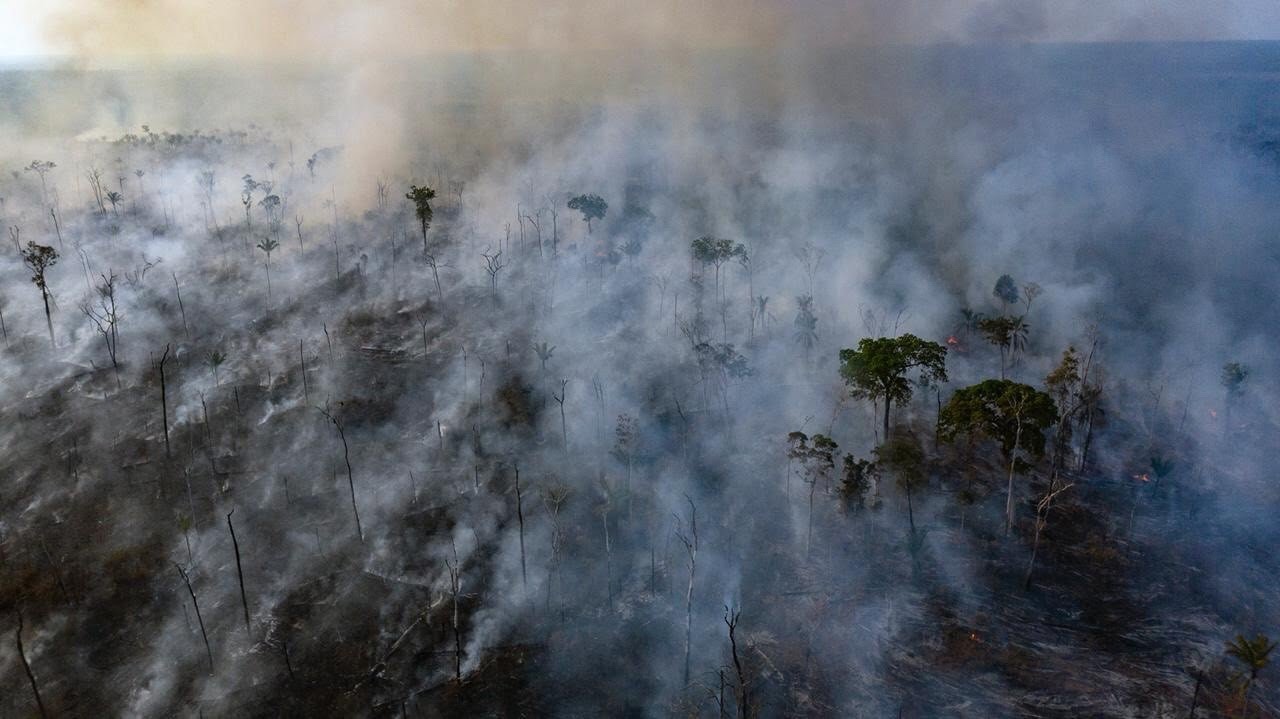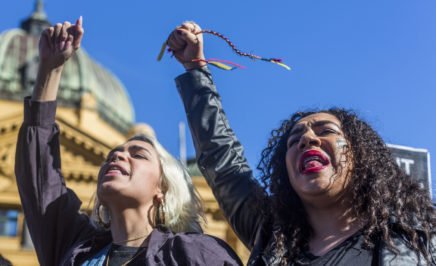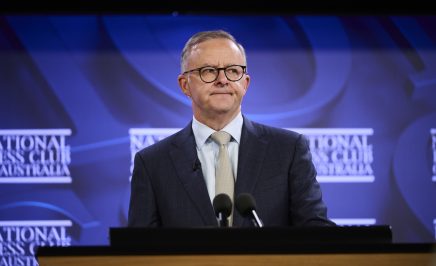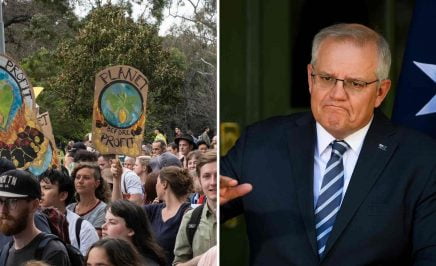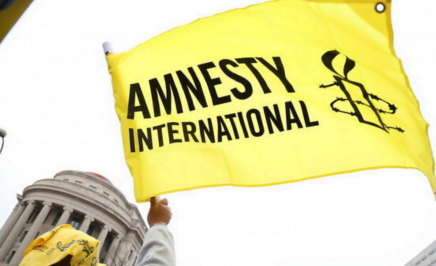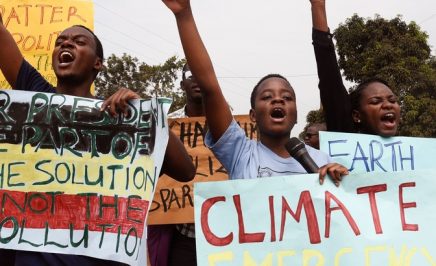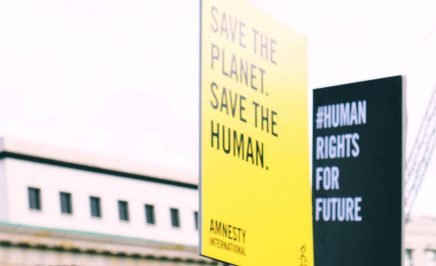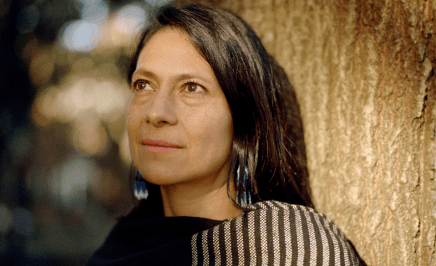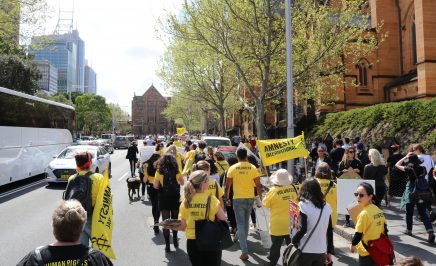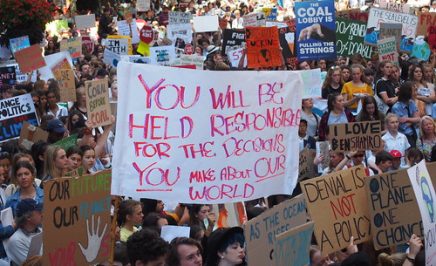Help us hold governments accountable for failing to act.
What has climate change got to do with human rights?
Extreme weather-related disasters and rising seas will destroy homes and ruin people’s ability to earn a living. Unless emissions are reduced significantly, around 600 million people are likely to experience drought and famine as a result of climate change. So you can see there’s a direct link between climate change and human rights, including the rights to life, health, food, water and housing.
Read More
It’s clear that climate change is already having an impact on human rights. And that this impact will only intensify in coming years.
Kumi Naidoo, Secretary General of Amnesty International
Millions of people are already suffering from the catastrophic effects of extreme disasters exacerbated by climate change – from prolonged drought in sub-Saharan Africa to devastating tropical storms sweeping across Southeast Asia, the Caribbean and the Pacific. During the summer months for the northern hemisphere in 2018, communities from the Arctic Circle to Greece, Japan, Pakistan and the USA experienced devastating heatwaves and wildfires that resulted in the deaths of hundreds of people.
While we largely understand climate change through the impacts it will have on our natural world, it is the devastation that it is causing and will continue to cause for humanity that makes it an urgent human rights issue. It will compound and magnify existing inequalities. And its effects will continue to grow and worsen over time, creating ruin for current and future generations. This is why the failure of governments to act on climate change in the face of overwhelming scientific evidence may well be the biggest inter-generational human rights violation in history.
Close
What should leaders do?
Governments must do all they can to reduce carbon emissions, including phasing out subsidies for fossil fuels. They must also help people adapt to climate change, and provide compensation, for example to those who have lost their homes because of rising sea levels.
Read MoreAmnesty is calling for governments to:
- Do everything they can to help stop the global temperature rising by more than 1.5°C.
- Reduce their greenhouse gas emissions to zero by 2050 at the latest. Richer countries should do this faster. By 2030, global emissions must be half as much as they were in 2010.
- Stop using fossil fuels (coal, oil and gas) as quickly as possible.
- Make sure that climate action is done in a way that does not violate anyone’s human rights, and reduces rather than increases inequality
- Make sure everyone, in particularly those affected by climate change or the transition to a fossil-free economy, is properly informed about what is happening and is able to participate in decisions about their futures.
- Work together to fairly share the burden of climate change – richer countries must help others.
What is Amnesty doing?
Together with partners, we’re pressing governments and institutions like the UN to take concrete and urgent actions on climate change. This isn’t about charity or aid, it’s about human rights and justice.
Read More
Amnesty International’s work on climate change has included standing up for human rights in the Paris Agreement on climate change, contributing to stronger human rights standards on climate change, and supporting environmental groups as they put forward human rights arguments.
Amnesty works with a variety of different groups in key countries to mount pressure against governments and corporations which are obstructing progress. Amnesty supports young people, but also Indigenous peoples, trade unions and affected communities, to demand a rapid and just transition to a zero-carbon economy that leaves no one behind. Litigation and the use of national and regional human rights mechanisms are additional tools to keep up the pressure.
Amnesty International builds on its work in support of environmental defenders to specifically facilitate the work of those protecting land, food, communities and people against climate impacts, extraction and expansion of fossil fuels and deforestation. Defending the civic space for information, participation and mobilisation also contributes towards promoting more progressive climate policies.
CloseTake Action Now
Our Wins

